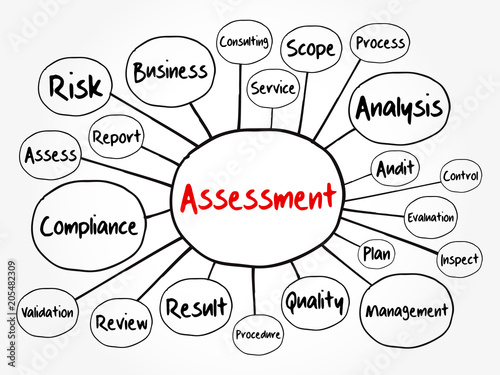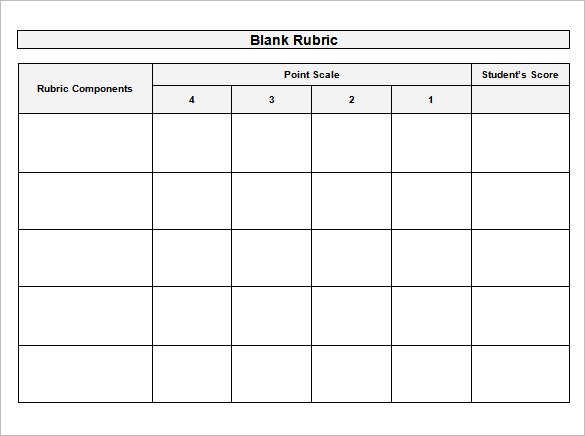Assessment is the tool that we use to gain knowledge of where our learners are at in the subject matter we are teaching. It is also used to see how well they understood what you had taught. To see where the learners are at throughout your teaching is known as formative assessment. When you are trying to look at the overall picture to see what they grasped over your series of lessons is known as summative assessment.

There are different ways that we can assess students. Depending on what you taught your students can determine what type of assessment you are going to use. For instance, if you taught something that is very hands on and has step by step procedure it would make sense to do a practicum in the sense that they need to demonstrate it in front of you to show that they had learned and gained the skill that you wanted them to. However, if you taught them something that is very knowledge based like parts of a goat, then you might want to take the route of giving them an image of a goat and have parts that they need to label.
You can also check for understanding throughout your lessons by having them do knowledge based activities. Such as you taught them different concepts that can connect in certain ways. Maybe you would have them do a concept map to see what direction their thoughts are heading with the subject matter you had taught.

Assessments can also be used before you even start teaching! you can use pre-assessments to see where your learners are at even before you begin teaching. This way you don't waste your time or their time teaching content that they already know about.
When reading through about assessment one thing that I got caught up on and never really thought about was having to make adaptations of the test to students with disabilities and ELL learners. making adaptations according to what a student's IEP may require is an obvious adaption, but how do you adapt when they don't have an outlined required adaptation. So, I am going to take this moment to pose a question to my readers.
If you have had to do this before, how do you make adaptions and it still be fair to ALL students?
If you have not ever done this for an assessment before, how do you think you would go about making these adaptations?
I want all students to feel as though they have an equal opportunity to succeed in my classroom, however on the same wavelength I want all of my students to feel that they are being treated fairly. Any advice on how to balance these two things would be appreciated greatly.
When doing assessments one tool that is very useful and important is if it's not a multiple choice test with an answer key, then you need to have some sort of way to grade the assessment at hand. This tool would be a rubric. Rubrics ensure that there is a certain critera that students have to meet and it keeps it so you don't seem bias towards any one learner. It's a good way to make a sort of check list so that you can remember everything the student needs to do. It also helps the student's clearly know what they need to do.

Rachel, you hit the nail on the head in your reflection of knowing what types of assessment to use for different situations and learning activities! For students that learn differently and have IEPs, you will figure out which types of assessment work best for them. From there, you can structure and design them to appropriately assess what the student knows in a format that works best for them. Students are not all the same, and the ways in which we assess them should reflect this.
ReplyDeleteHi Rachel, This is a great question that all teachers struggle with, but as you gain more experience you will have more tools in the toolbox to pull from. That being said, we as educators need to address the term "fair" and get past the fact that not all pegs are square to fit in the square hole. "Fair" is subjective. What is appropriate for one is not for another. Is it fair that when student A looks at a paper they see letters moving all around, while student B can look at the same paper, read the letters, and form a response. As a teacher, you need to take "fair" out of the equation and address the student's cognitive ability. Students are not competing against each other for the best grade. There is no limit to the number of A's you can give out in a class. Adapting a test to one's abilities is being fair.
ReplyDeleteRachel, assessment is a very vital yet tricky component to teaching. Be aware that many schools are moving away from focusing on grades and focusing more on learning outcomes. While some content will always be best assessed via a traditional written test, continuously explore alternative forms of assessment such as rubrics. Formative assessment is definitely important during instruction/learning as well.
ReplyDeleteGreat blog post Rachel! I too am struggling to grasp how we alter assessments and our objectives for students with IEPs in a way that is fair and specific to their individual needs.
ReplyDelete